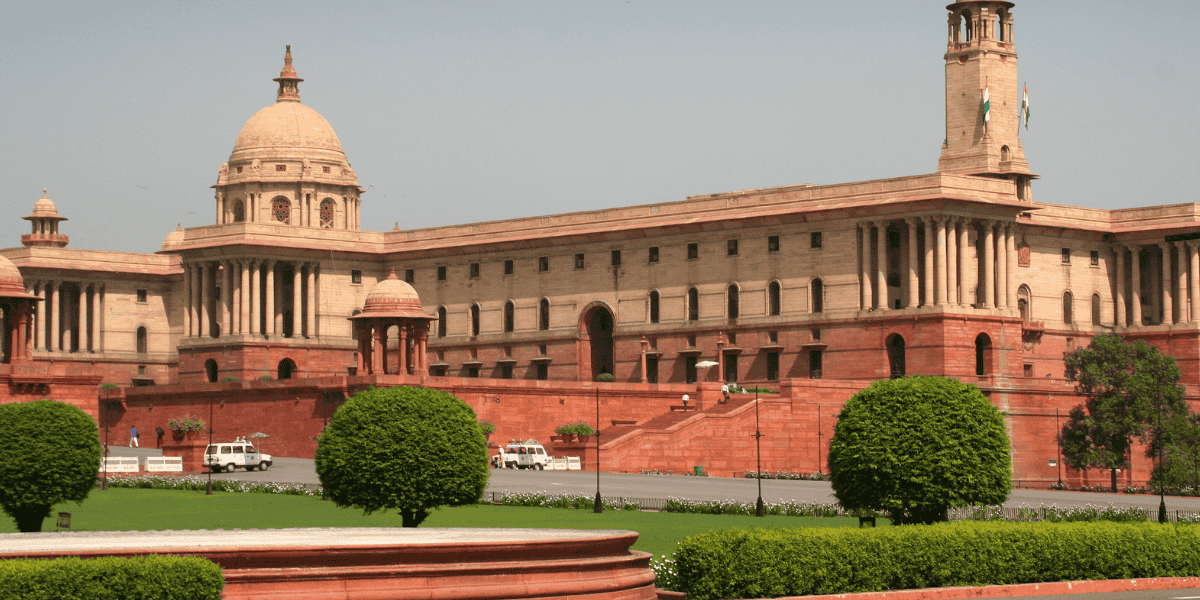The Delhi Customs Excise & Service Tax Appellate Tribunal (CESTAT) in a recent case, upheld the AMP (Advertisement, Marketing and Promotion) expenses to the transaction value declared for customs purposes.
In that case, the appellant was a subsidiary of an English multinational company and imported goods from the latter on a regular basis. The appellant entered into a distribution agreement with its English parent under which it had an obligation to incur advertisement and promotion expenditures of not less than 6% of the total invoice value.
The Delhi Customs Excise & Service Tax Appellate Tribunal observed that the parent, i.e., the English company controlled every aspect of the advertisement expenditure and therefore, the expenditure was incurred not only for the promotion of the specific goods imported by the appellant but also for the group’s brand as a whole.
From an indirect tax perspective, (as per Rule 10(1)(e) of the Custom Valuation Rules,2007) the transaction value of goods imported by the buyer from the seller shall include any payment made or to be made as a precondition of sales by the buyer to the seller or by the buyer to any other third party to discharge any obligation of the seller to the extent such payment has not been included in the transaction value of the imported goods.
Further, the Interpretative Note of Rule 3(2)(b) of the CVR, 2007 states that if any expense such as advertising, marketing or promotion is undertaken by the buyer of imported goods on its own account even though by an agreement with the seller, such expenses shall not be included in the transaction value of imported goods.
The case of Samsonite [2015 (327) ELT 528] was also distinguished by CESTAT stating that in the Samsonite case, expenses were charged to the account of M/s Samsonite by their principal as a share of the global expenditure. However, the instant case was considered to have a different fact pattern and reliance on this judgment was rejected.
Consequently, the tribunal concluded that the advertising and promotion expenses were incurred as a condition of sale and on behalf of the seller and accordingly considered as satisfying the obligation of the seller.















